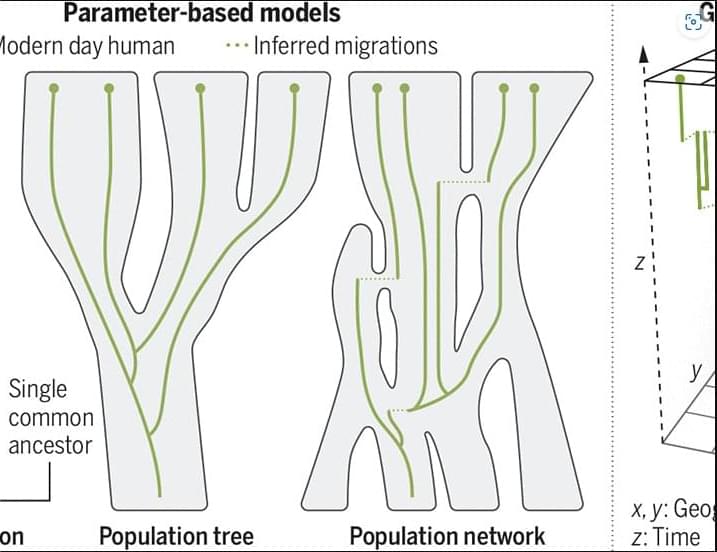Yale scientists have developed a CRISPR technology that can assess genetic interactions on a host of immunological responses to multiple diseases, including cancer.
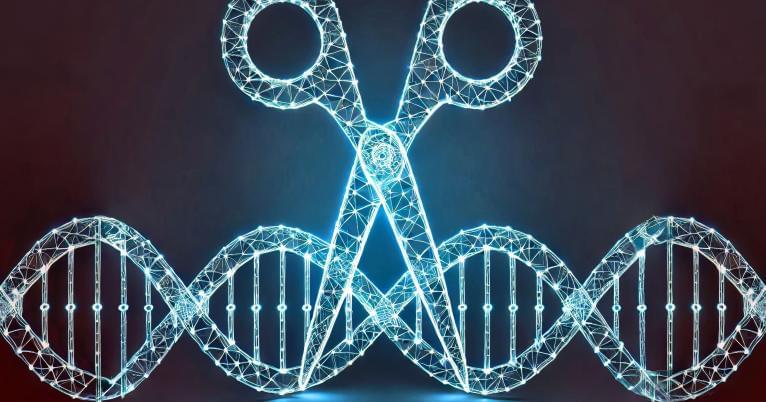

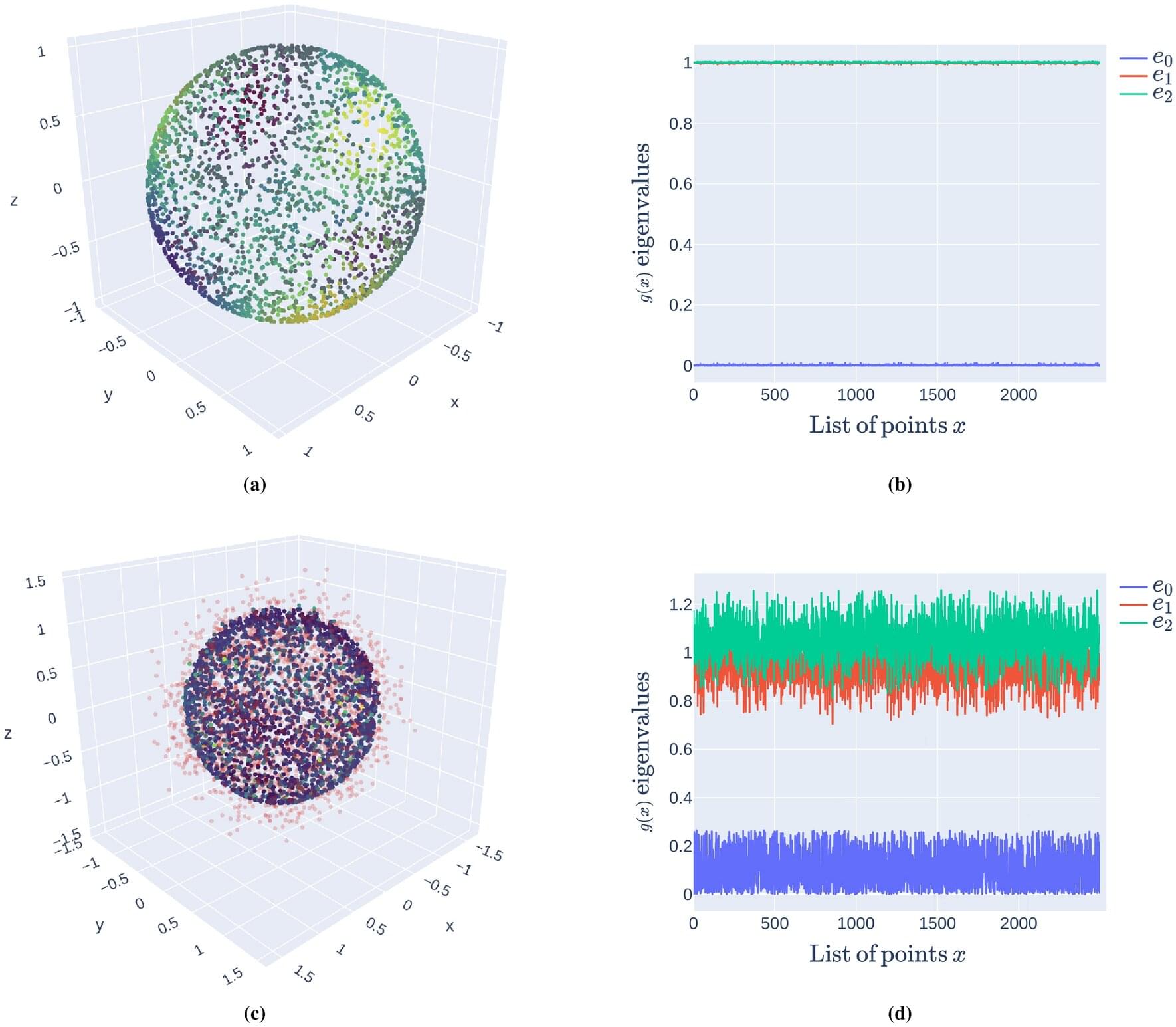
Big data has gotten too big. Now, a research team with statisticians from Cornell has developed a data representation method inspired by quantum mechanics that handles large data sets more efficiently than traditional methods by simplifying them and filtering out noise.
This method could spur innovation in data-rich but statistically intimidating fields, like health care and epigenetics, where traditional data methods have thus far proved insufficient.
The paper is published in the journal Scientific Reports.
Join us on Patreon! https://www.patreon.com/MichaelLustgartenPhD
Discount Links/Affiliates:
Blood testing (where I get the majority of my labs): https://www.ultalabtests.com/partners/michaellustgarten.
At-Home Metabolomics: https://www.iollo.com?ref=michael-lustgarten.
Use Code: CONQUERAGING At Checkout.
Clearly Filtered Water Filter: https://get.aspr.app/SHoPY
Epigenetic, Telomere Testing: https://trudiagnostic.com/?irclickid=U-s3Ii2r7xyIU-LSYLyQdQ6…M0&irgwc=1
Use Code: CONQUERAGING
NAD+ Quantification: https://www.jinfiniti.com/intracellular-nad-test/
A recently discovered inflammatory disease known as VEXAS syndrome is more common, variable, and dangerous than previously understood, according to results of a retrospective observational study of a large health care system database. The findings, published in JAMA, found that it struck 1 in 4,269 men over the age of 50 in a largely White population and caused a wide variety of symptoms.
“The disease is quite severe,” study lead author David Beck, MD, PhD, of the department of medicine at NYU Langone Health, said in an interview. Patients with the condition “have a variety of clinical symptoms affecting different parts of the body and are being managed by different medical specialties.”
Dr. Beck and colleagues first described VEXAS (vacuoles, E1-ubiquitin-activating enzyme, X-linked, autoinflammatory, somatic) syndrome in 2020. They linked it to mutations in the UBA1 (ubiquitin-like modifier activating enzyme 1) gene. The enzyme initiates a process that identifies misfolded proteins as targets for degradation.

Scientists at Wenzhou Medical University and Xiamen University have shown how autism symptoms in mice arise when a certain pair of competing nerve proteins falls out of equilibrium. The results of the team’s study, reported in PLOS Biology could point to potential therapeutic approaches for autism spectrum disorder (ASD). In their paper, titled “Mdfa2 deficiency leads to an aberrant activation of BDNF/TrkB signaling that underlies autism-relevant synaptic and behavioral changes in mice,” research leads Dongdong Zhao, PhD, at Wenzhou Medical University, and Yun-wu Zhang, PhD, at Xiamen University, and colleagues concluded that their findings “highlight a novel MDGA2-BDNF/TrkB-dependent mechanism underlying the synaptic function regulation, which may become a therapeutic target for ASD.”
Autism spectrum disorder is a complex neurodevelopmental disorder with its onset in early childhood, the authors noted. The disorder is characterized by reduced social interaction, increased stereotypic repetitive behavior, and altered cognition. “The prevalence of ASD has increased significantly in recent years, with approximately 1% of the world population considered to have the disorder,” the team noted. “Despite growing efforts devoted to this field, the etiology of ASD has yet to be fully elucidated.”
Previous research has linked certain genetic factors to ASD, including many associated with neuron activity, but it remains unclear exactly how these factors are related. “So far, identified genes only explain a portion of ASD occurrence,” the investigators continued. “Identifying additional ASD-associated genes and revealing the underlying mechanisms should provide new insights into the pathogenesis of ASD and its treatment strategies.”
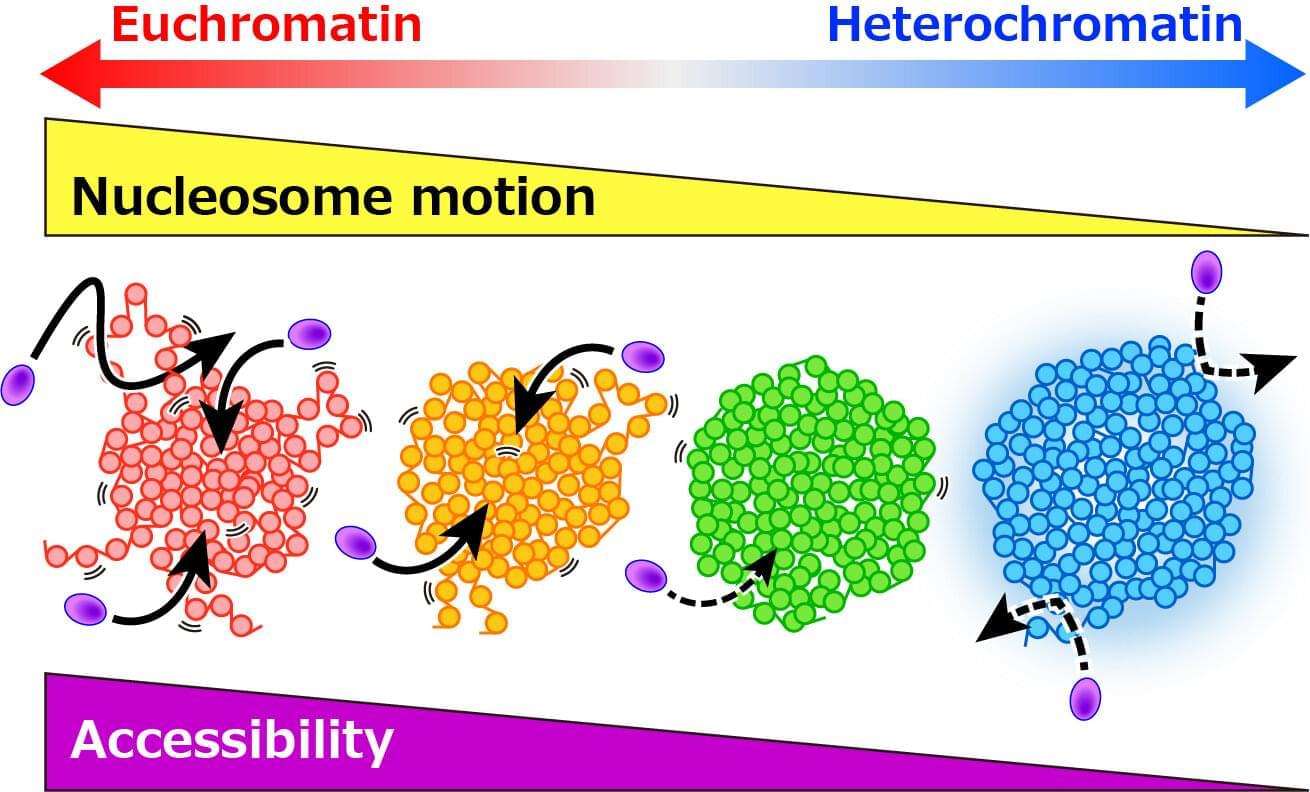
A team led by Professor Kazuhiro Maeshima of the National Institute of Genetics (ROIS) and SOKENDAI in Japan has developed a method to visualize different types of chromatin and reveal their distinct physical properties. They published their approach and findings on March 28 in Science Advances.
Inside every human cell, 2 meters of DNA must be tightly packed into a tiny nucleus. This DNA is wrapped around proteins to form chromatin, which exists in two main forms: euchromatin, where genes are active, and heterochromatin, where gene activity is suppressed.
“How these two types of chromatin are organized and behave inside living cells is still not well understood,” says Katsuhiko Minami, the first author of this study. “Until now, we lacked a way to specifically label euchromatin and heterochromatin in live cells.”
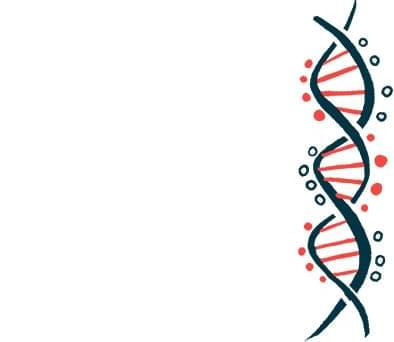
Researchers at the University of California, Los Angeles (UCLA) are developing a gene-editing therapy — designed to be delivered as a one-time inhalable treatment — that aims to correct the underlying mutations that cause cystic fibrosis (CF).
The team is using tiny fat-based particles to deliver the gene-editing machinery to lung stem cells, where, they believe, gene correction could be permanent. The treatment, according to a university news story, could offer hope to people with the genetic disease who do not benefit from current therapies.
CF is caused by mutations in the CFTR gene, which normally produces a protein of the same name. This CFTR protein helps regulate the flow of water and salt molecules in and out of certain cells, which is essential for the production of mucus. In CF, missing or dysfunctional CFTR instead results in the accumulation of thick and sticky mucus in several organs, particularly the lungs. This, in turn, leads to symptoms like shortness of breath, cough, and frequent lung infections.
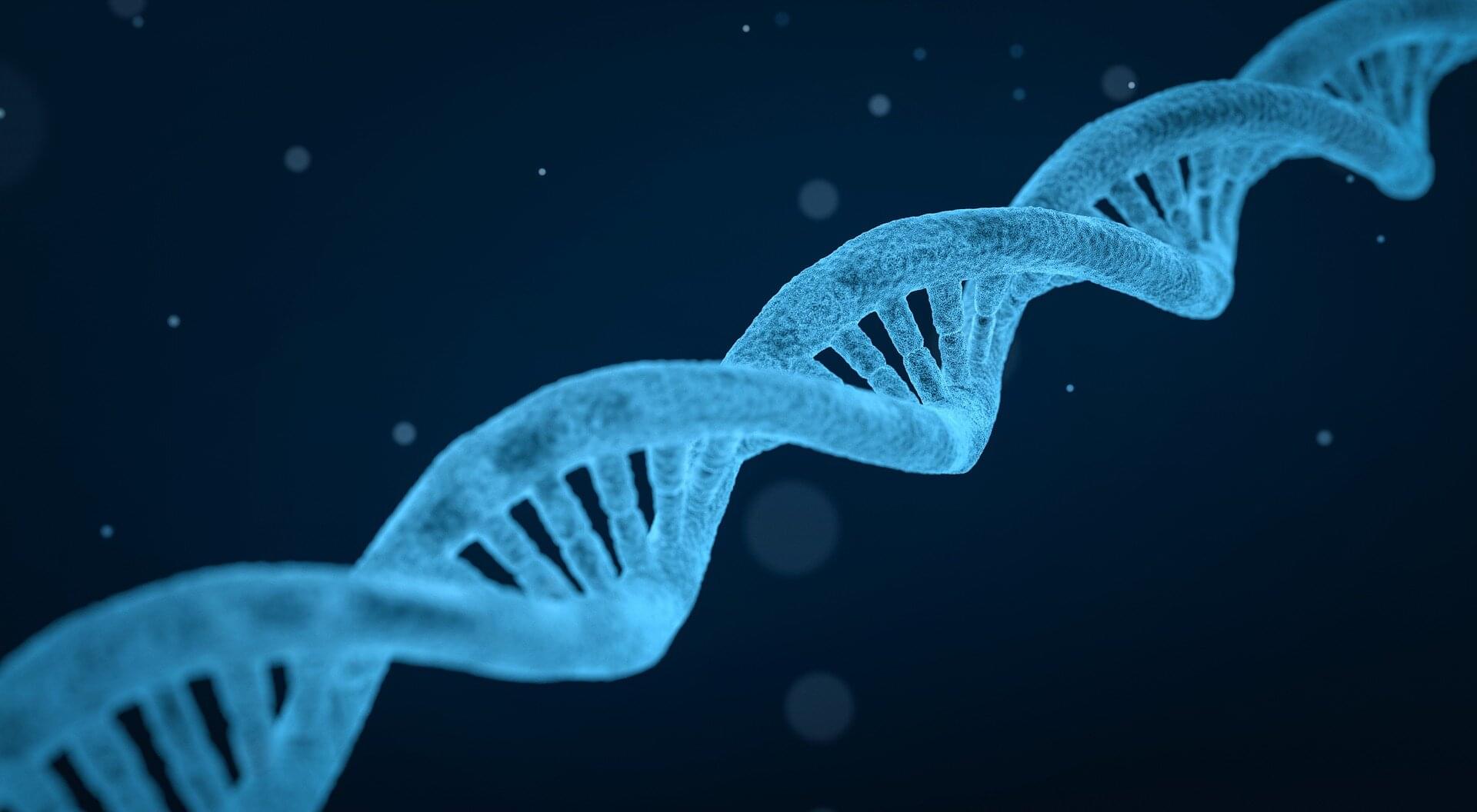
Research led by Children’s Hospital of Fudan University in China has found that a gene called pancreatic progenitor cell differentiation and proliferation factor (PPDPF) helps protect kidney cells by supporting enzymes involved in maintaining cellular energy levels during chronic kidney disease.
Chronic kidney disease affects approximately 15% of the global population and is currently the ninth leading cause of death worldwide. Treatments that can slow the progression of this condition remain limited.
Genome-wide association studies have identified nearly 800 genetic loci associated with kidney function, yet more than 90% of these variants are located in noncoding regions. Specific genes and molecular mechanisms involved in early-stage chronic kidney disease remain incompletely understood.
